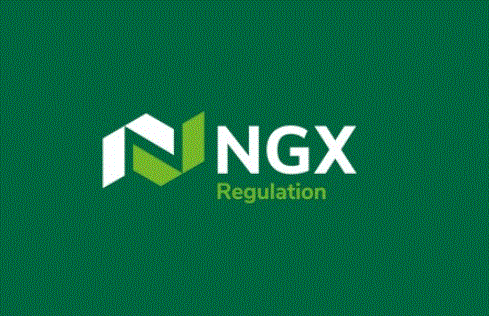The Nigerian Exchange (NGX) has reported a remarkable uptick in total transactions for September, reaching NGN493.01 billion—marking a six-month high and a substantial 29.9% increase from August’s figure of NGN379.52 billion.
This surge is predominantly driven by a significant rise in activity from domestic investors, who contributed 91.6% of the total gross transactions.
Domestic inflows saw a dramatic 40.2% rise month-on-month, climbing to NGN451.60 billion in September, up from NGN322.05 billion in August. This boost can be largely attributed to a surge in participation from both retail and institutional investors, with retail contributions soaring by 59.4% and institutional investments increasing by 15.7%.
In stark contrast, foreign investor participation continues to dwindle, marking its fourth consecutive month of decline. Foreign inflows dropped by 27.9% month-on-month to NGN41.41 billion in September, down from NGN57.47 billion in August.
Market analysts suggest that this trend is influenced by the heightened exchange rate risks associated with the increasing volatility of the naira, which has made investing in Nigerian equities less attractive for foreign players.
Factors Influencing Domestic Investor Activity
The surge in domestic transactions can be attributed to several factors the recent bullish sentiment among local investors, driven by optimism about the economy, encouraging increased trading activity.
Also, most domestic investors are diversifying their portfolios to take advantage of perceived undervaluation in the equities market, spurred by recent corporate earnings reports.
Improved access to market information and investment platforms has also empowered more retail investors to participate actively.
Foreign Investors Pull Back
Despite the strong performance from domestic players, the ongoing volatility of the naira poses significant challenges for foreign investors. Concerns about currency depreciation and exchange rate fluctuations have made it difficult for international investors to navigate the market confidently. This has led to a cautious approach, further exacerbating the decline in foreign investment inflows.
Future Outlook
Looking ahead, analysts expect domestic investors to continue dominating the transaction landscape on the NGX. However, the outlook for future buying activities may be constrained due to elevated yields in the fixed-income market, which could lure potential investors away from equities. Additionally, the sustained volatility of the naira is likely to continue limiting foreign participation in the Nigerian equities market.















